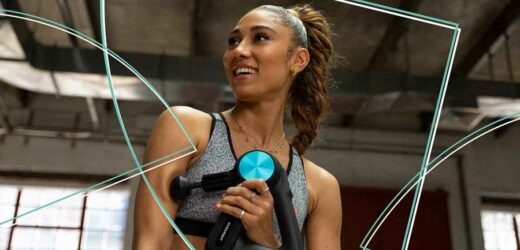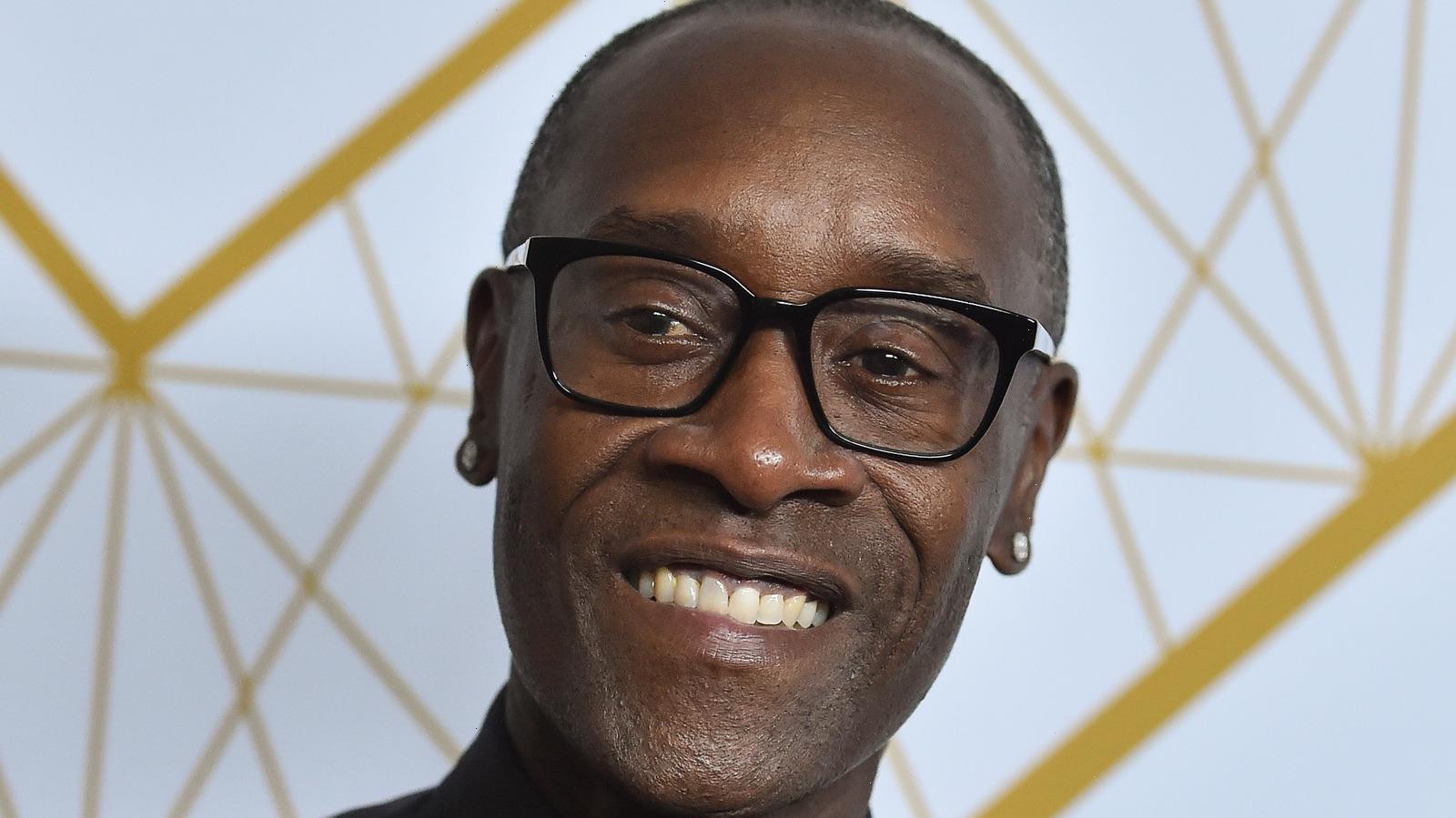Maybe it's just me, but finding the time — and motivation — to actually work out in the summer usually feels like an impossible task. (And that's in a normal pre-Covid summer when I'm not feeling pressured to say yes to every single drinks and dinner invite that comes my way.) I am also one of those people who bought a Peloton during quarantine, meaning I often have a very expensive reminder every morning when I look at said Peloton and choose not to get on it.
So naturally, during my recent convo with Peloton trainer Ally Love — who, FYI, happens to also be a health coach, model, dancer, and founder of fitness lifestyle brand Love Squad — I asked for some advice on how to start actually motivating myself to use my expensive piece of home decor again.
Her tip was something I've heard before but have been admittedly wishy-washy about actually implementing: Just put it in your schedule already! "Don't leave it up to chance and say, 'I'll get to it.' If you have it in your calendar, that means that there is an obligation there that you have been thoughtful about," Love says.
But her second piece of advice surprised me: "Anytime you feel like maybe you don't want to work out, I say hop on the Peloton app and put on the class. Choose one of your favorite instructors or your favorite music type, and just listen to it and see where it takes you," she says. Ideally, it'll motivate you to actually hop on your bike and join the workout, Love adds. (I tried it myself recently on a too-hot-to-even-step-outside day and was shocked at how well it worked.)
Love, who is a Therabody ambassador, also had plenty of other advice when it came to preventing injury as a cycling beginner, recovery and self-care, and practicing self-compassion while on your fitness journey.
Here, some words of wisdom from the Peloton trainer.
What is the biggest mistake you tend to see Peloton beginners make — and what's your biggest piece of advice for someone who is totally new to a cycling routine to make sure they don't injure themselves?
"The number one thing I will say is that Peloton offers content for beginners and it's really important that we all start off with beginner content if you've never cycled before. And it's important to follow along with the intro that comes with the bike and the app. In terms of the class progression, starting with beginner classes, then advanced beginner, and then flowing into your favorite genres — maybe starting with shorter durations and then going into longer durations — would be the best trajectory.
"I think the number one mistake beginners make is unclipping incorrectly. At the end of many of my classes I show members how to unclip properly — making sure that you are out of the saddle, hands on the handlebars. Your unclipping is very important!"
What about post-workout recovery? What does recovery look like for you on a weekly basis to make sure you're performing at the top of your game but also not overdoing it and getting injured?
"For me, Therabody products are important — I put RecoveryAir boots on and I do an infrared sauna to relax my body and my mind. I also use my Theragun before I work out and then on a different, lower setting post-workout. I keep the little Theragun mini in my bag and I always have that one with me. I have a Theragun PRO at the studio that I use as well; it's really important. Because I cycle and I'm hunched over the bike and, like many of us who live in a big city, am carrying bags all the time — I use it a lot on my traps. I use it on my supraspinatus, on my shoulders. I love being able to change the attachments. One of my favorite things about Theragun is being able to alternate between the different attachments so I can tap into designated parts of my body a little bit better.
"Also, when it comes to recovery and rest, they are two different days. You should have a recovery day and a rest day. Your recovery day is a day you are doing movement that isn't part of your primary movement. Since I'm primarily a cyclist, on those days I'm either teaching barre classes or taking barre classes or doing a yoga class or doing a stretch class — something that is not on the sagittal plane, but on the transverse plane that's using different parts of my muscles, different parts of my body, that's low intensity. On my rest day, I do nothing. I literally just chill, I relax, I tend to my family business, and I like to have time with my friends."
As someone with so many jobs and presumably not a lot of extra time in the day, how do you prioritize self-care — and what are your favorite self-care rituals?
"I will say that I am kind of a bath person, but I do feel nervous, or I feel a little uncomfortable using so much water — and the water waste of a bath — but I do take a bath once in a while. I will say for self-care it's really important for me to take care of my entire self, not just my physical self, but my mind, my body, and my spirit. Mentally, I make sure that I do brain games, I love to look at Pinterest, organize spaces, and really allow my mind to let go. And then for the spiritual self, I always pray and meditate and take five minutes to do breathing exercises."
Speaking of mind and spirit, has your idea of what it means to be a Peloton instructor or the influence you have shifted over the past year? Do you feel a newfound responsibility when people say they consider Peloton to be a form of therapy?
"I have always taken my social responsibility seriously. What I mean by that, is when Peloton had 500,000 members, and now we have 5.5 million members, I think my responsibility to my community is just the same. It's that I show up — I protect my privacy and I protect my peace — but I'm also very transparent in showing up and in being relatable and continuing to innovate in my class planning, whether it's Sundays with Love or a Feel Good ride or a Tabata ride. The only shift that I've noticed in the past few years is how I show up for our community, making sure that I'm inviting diversity and inclusion — that the training programs are equitable and the music selection and the invitation to show up is for everyone, as many people as possible. When people say it's a newfound way of therapy — any way I can continue to be of service is important to me."
What's your advice for practicing body acceptance and self-compassion amid so much pressure to 'lose the pandemic 15' that's out there right now?
"I often say this in my barre classes, everybody's body is welcome. Just as much as our personality changes and the season changes, our bodies are going to change and that's okay. I like you the way you are. And there are going to be times when we don't feel our best selves and we don't feel like being our best selves and it's okay not to be okay. But just know where you are and who you are is more than enough. When it comes to reminding myself and practicing self-compassion, I often write post-it notes and put them on my window so that I can read them when I get up in the morning just to remind myself. That's what I try to do and carry with me onto the platforms that I am a part of. How can I show up and remind those around me that they are enough, that they are already more than enough?"
Source: Read Full Article



